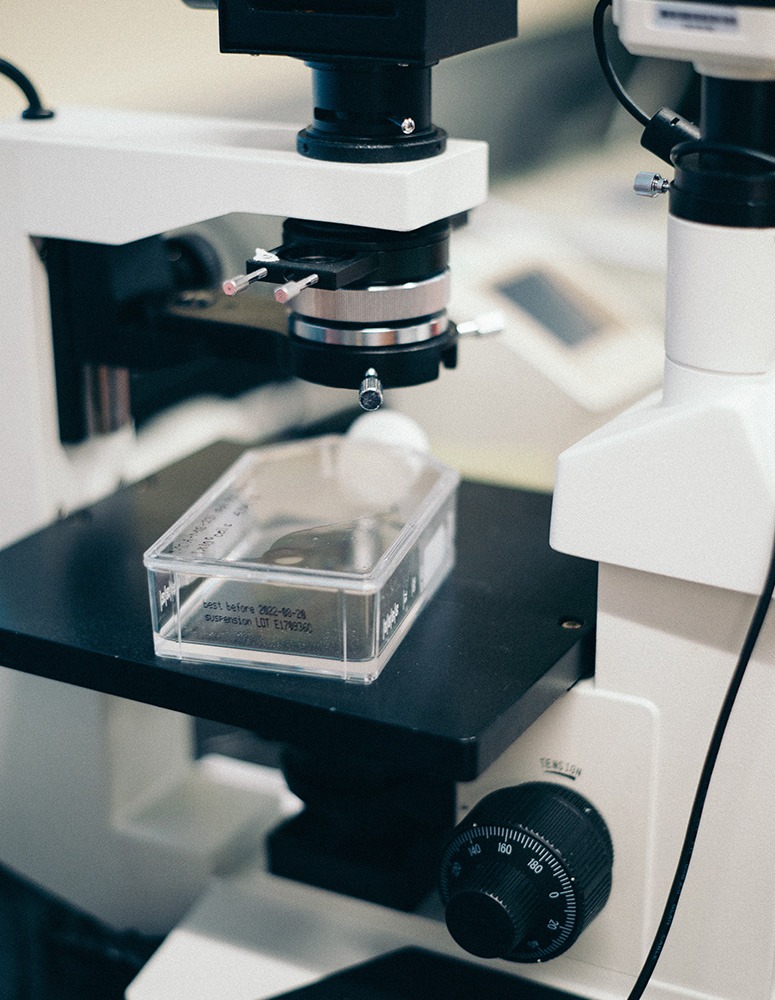Is DNA Testing Right For You?
Or Is It Yet Another Source of Cultural Stress?
One of the most recent technological advances to infiltrate our lives comes in the form of DNA testing. The widespread availability (due to lower costs) of genetic testing services such as 23 and Me have, on the one hand, made it possible for people to understand their genetic risk factors for inheritable diseases. They’ve also increased the accuracy of ancestry research. Yet the hoped-for benefits sometimes come with surprising and upsetting side effects.
For example, a friend of mine recently used DNA testing to research her family’s roots and discovered the existence of a niece she never knew she had. Her brother had fathered a child he’d never acknowledged, as it was the result of an affair. Was the joy of a new relative worth the drama and trauma she put her brother’s family through? Although my friend might say yes, her brother, his wife, and their combined children might have a different answer. There have been other instances, too, where DNA testing has been used to disown children, or to exclude family members from an inheritance. Clearly, this is a source of Cultural Stress previous generations didn’t have to deal with.
So why would anyone undertake DNA testing?
The obvious reason is to find out if you’re at-risk for developing an inheritable disease, such as certain forms of cancer, diabetes, heart disease, Alzheimer’s, or Parkinson’s. Bear in mind, however, that having a specific gene does not determine your health outcomes by any means—in fact, your genes contribute only an estimated 20%-30% of your health outcomes. Your lifestyle choices—environment, exercise, diet, sleep, and perhaps most important, how you manage stress—are far more important. So, why not commit to taking good care of yourself just because it reduces your risk of all illnesses?
It’s also important to understand that the commonly available DNA tests are not a complete mapping of your personal genome, which would involve some 3 billion genome base pairs. Rather, the “over-the-counter” tests consist of a “snip” DNA test, which is short for SNP, or Single Nucleotide Polymorphism. A SNP test examines the variations (biological markers) that are most commonly associated with relatively common diseases. This limited scope is why the tests are relatively affordable (hundreds, rather than thousands, of dollars) and relatively fast (delivering results in weeks, rather than months), albeit less accurate.
Some people also enjoy finding out where their ancestors hail from. Many people who are aware of their white, European ancestry, for example, are surprised to discover roots that extend into Africa, the Middle East, and Asia, or to natives of the Americas. Realizing our diverse genetic ancestry could be perceived as a benefit if it reinforces our common humanity.
Yet, with information also comes responsibility. For that reason, some people prefer not to know their increased odds of incurring a disease like Parkinson’s or Alzheimer’s, feeling it would rob them of joy in the present. For others, understanding their greater risk might be the extra push they need to be proactive in taking care of their health—and, in particular, managing their stress.
(It’s also worth noting that, in June 2019, the U.S. Department of Health and Human Services issued a scam/fraud alert, warning consumers not to participate in genetic testing offers that they or their physician did not order. Apparently, the scammers are offering Medicare beneficiaries cheek swabs for genetic testing and then use their Medicare information for identity theft or fraudulent billing purposes. Medicare beneficiaries are approached via telemarketing calls, health fairs, booths at public events, and door-to-door visits.)
So by all means, consider DNA testing if it is of compelling interest to you; and particularly if your physician orders it!. At the same time, recognize it as another form of technology that confers stress, along with benefits, to our lives. While we might not be able to do anything to stop, or even slow, the technological changes that stress us, we can do a lot to manage their impact on our health: hydrate, exercise, care for your skin, and practice the form(s) of stress reduction and management that work best for you!
To your health!
